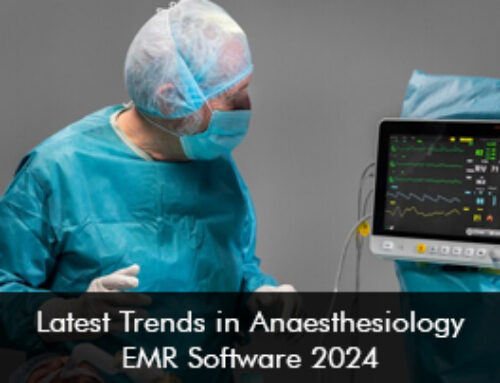The Medicare Access & CHIP Reauthorization Act of 2015 (MACRA) is due to initiate in January 2017 yet many small and independent practices have been concerned about their role under the new rule, and the lack of support from government agencies.
The Centers for Medicare & Medicaid Services (CMS) released the final rule for MACRA in early October, and addressed fears by emphasizing support for small and independent practices in the press release.
The final rule has taken in to account, and modified several key points raised by small practices. The biggest change that affects physicians across the board is the leniency in reporting requirements for the first performance year. CMS has introduced a “pick your pace” approach that allows practices the option to report some measures in the quality payment program to avoid negative payment adjustments in 2019. CMS has indicated that because of this flexibility in reporting measures, most, if not all, clinicians eligible under MIPS should be able to achieve a positive or, at the very least, neutral adjustment. CMS also specified that this included small and independent practices.
CMS has also made changes to the criteria for exemption from MACRA. The low volume threshold has been expanded to clinicians with less than or equal to $30,000 in allowed Medicare charges, or less than or equal to 100 Medicare patients. CMS has estimated that 32.5% clinicians billing under Medicare Part B will be exempt following this expansion.
The agency also pointed out that over the course of the MIPS pathway concession have been made for small practices, especially in the improvement category that grade performance on scale. Where the category requires either six medium-weighted, or three high-weighted improvement activities from an average sized practice; it only requires one high-weighted, or two medium-weighted activities from practices that are small, or operating in underserved areas of healthcare, such as rural areas.
These practices are further supported by CMS, which revealed that it has set aside $20 million to prepare these small practices for transition to the MIPS pathway. CMS plans to educate and train Medicare eligible practices with fewer than fifteen physicians in the coming year.
Even though CMS has addressed the concerns highlighted by small practices, some believe that it is still not enough. Halee-Fischer Wright, physician and president of the Medical Group Management Association, is one of them. Her main point of contention was the fact that the flexibility concessions for reporting under the quality payment program virtually disappears in 2018. “CMS missed an opportunity to close the two-year gap between the measurement and payment periods, which would facilitate improved patient care by providing actionable feedback to physicians and more timely incentives.”
The American Academy of Family Physicians (AAFP) expressed dismay that virtual groups, that allowed small practices to pool resources when reporting quality and improvement measures, were not included in the final rule.
AAFP claims the ability of small and independent practices to aggregate their data removes any methodology biases due to the potentially small number of Medicare beneficiaries. They believe this could widen the gap between the little guys and larger practices or those with ties to health systems.
Concerns on behalf of small medical practices are so glaring that Republican Congressional Lawmakers were prompted to send a letter to Andy Slavitt, CMS Administrator, making a case for small medical practices and their future under MACRA.







